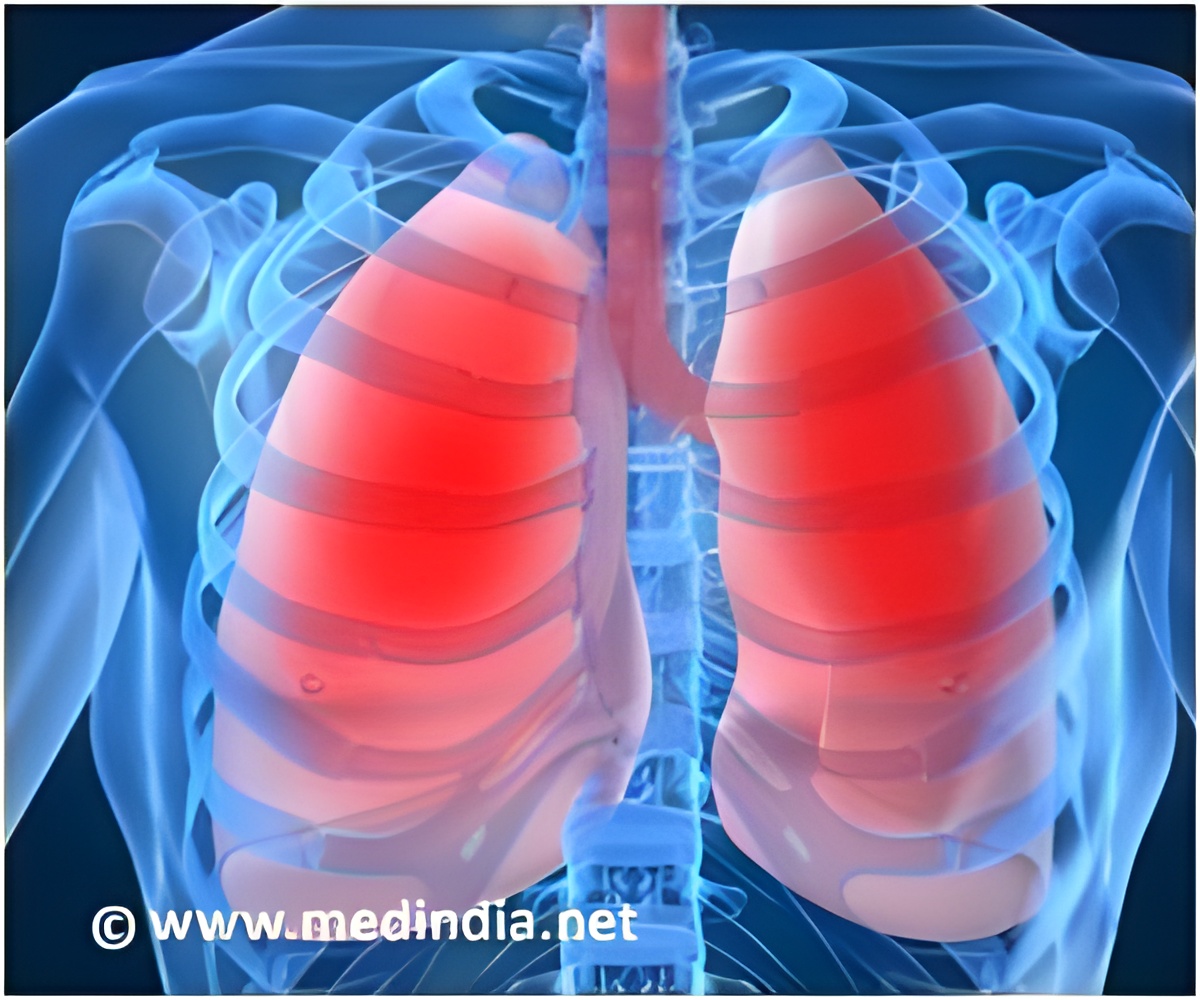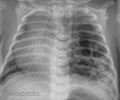A new mutation in the gene that causes the inherited disease known as Alpha-1 Antitrypsin Deficiency (Alpha-1) has been identified by scientists.

The finding extends understanding of Alpha-1 at the molecular level, potentially leading to new drug development and better diagnostic tools.
Dr Darren Saunders from Sydney's Garvan Institute of Medical Research and Professor Vanessa Hayes, from the J. Craig Venter Institute in San Diego, published their results in the international journal PLOS One, now online.
In healthy people, Alpha-1 Antitrypsin is a molecule, or 'protein', made in the liver then secreted into the blood. It helps keep the lungs healthy by blocking an enzyme that causes tissue breakdown.
The genetic mutations that trigger Alpha-1 disease cause the Alpha-1 Antitrypsin protein to accumulate in the liver, rather than being secreted into the blood. That in turn leads to tissue breakdown in the lungs.
Alpha-1 is often first diagnosed as asthma or smoking-related Chronic Obstructive Pulmonary Disease (COPD). Typically, people experience symptoms like shortness of breath, wheezing, recurrent chest colds and allergies. They might also develop unexplained liver disease.
Advertisement
The research is still early stage, as the mutation has been identified in only one patient, and that patient is from a Middle-Eastern background.
Advertisement
"At the basic science level, it's a promising breakthrough because it helps us better understand how the protein misbehaves when it's mutated – and that's very important for drug development, because drugs have to try and minimise, or reverse, molecular damage."
"If the mutation turns out to be prevalent, then its inclusion in diagnostic tests will be important."
Source-Eurekalert









